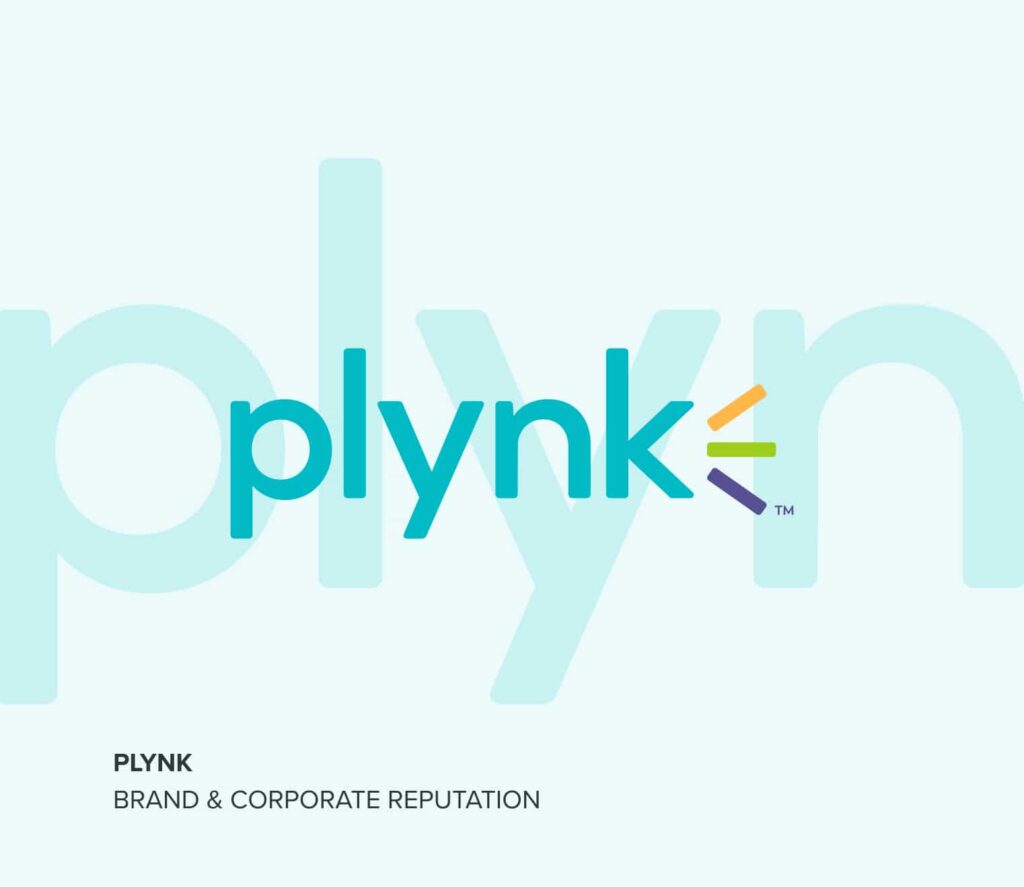Household debt decreases, investments in e-commerce and new international trade pacts
Stock photo options: According to Markets Insider, a series of internal errors and faulty company controls allowed five former Eastman Kodak executives to sell over $5 million worth of stock options which did not belong to them. The incident coincided with a federal loan announcement in July that skyrocketed the company’s stock value more than 2,100%. The loan was put on hold in August following The Securities and Exchange Commission launching a probe into how the company disclosed the loan. Kodak is trying to recover the fair market value for the shares from the time of their sale and an additional $3 million in withheld taxes from the five executives.
A budget bump: Despite nationwide shutdowns and surging unemployment, Americans’ household finances are in the best shape they’ve been in for decades, reports Bloomberg. Household debt has also decreased, even considering that the pandemic has been financially straining on many middle class families. Record-low mortgage rates have allowed millions to refinance in order to achieve lower monthly payments or tap equity. Several quarters leading up to the pandemic saw an improvement in checking account deposits, and the situation could lead to a jump start for the economy post-COVID.
New alliances: Leaders from 15 Asia-Pacific nations met Sunday to seal one of the largest international trade deals in history. The Regional Comprehensive Economic Partnership, or RCEP, reduces barriers between countries that account for a third of the world’s population and economic output. It combines existing agreements between the 10 members of the Association of Southeast Asian Nations, and is the first trade agreement that brings together China, Japan and South Korea. The Financial Times claims the pact could add almost $200bn annually to the global economy by 2030.
Groceries to go: Canadians have become accustomed to the convenience of online grocery and takeout delivery, a trend that Bloomberg believes will endure well after the pandemic ends. The demand in Canada has grown so great that companies are committing more than C$12 billion to online interfaces in the food industry over the next five years. Loblaws, the nation’s biggest grocery chain, announced Thursday that e-commerce sales had grown by 175% in the third quarter across groceries, pharmacy and apparel. The percentage of online sales is expected to almost triple by the end of the year.


